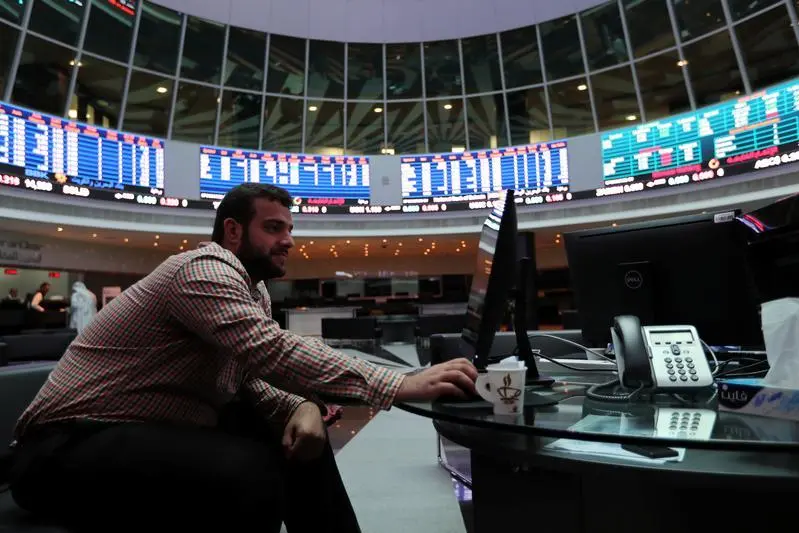PHOTO
Shares of Aluminium Bahrain (Alba) fell sharply on Monday after the company reported a drop in fourth quarter (Q4) 2018 earnings results and said that its board recommended not paying a dividend for 2018.
The company announced a Q4 2018 net loss of 17.5 million Bahraini dinars ($46.5 million) compared to a net profit of 23.4 million Bahraini dinars in Q4 2017.
For its full year results for 2018, Alba’s net profit stood at 59.8 million Bahraini dinars, down by 35 percent year-on-year, compared to 92.5 million Bahraini dinars in 2017.
“Alba reported poor 4Q18 led by higher cost of sales,” Nitin Garg, a senior analyst at Bahrain-based SICO, said in a note.
Alba's cost of sales amounted to 218.9 million Bahraini dinars in the fourth quarter, 12.4 percent higher than SICO’s forecast of 178 million Bahraini dinars.
In Q4 2018, the company recorded a gross loss of 7.4 million Bahraini dinars, compared to a gross profit of 37.3 million Bahraini dinars in the same quarter of 2017.
Garg said that the “clear operating miss (was) driven by higher-than-expected cost of sales driven by higher raw material alumina prices. However, alumina prices have softened on the back of Alunorte refinery full restart in 2019,” Garg added.
Hydro Alunorte is the world’s largest alumina refinery, located in Para, Brazil. The refinery has been operating at half capacity since early 2018 after it admitted to making unlicensed emissions of untreated water during severe rains. An embargo imposed on part of its operations pushed alumina prices higher in 2018.
The Brazilian state of Para lifted its embargo last month, meaning prices began to fall again.
Alba's shares dropped 9.71 percent on Monday, as the stock was the worst performer on the exchange, dragging Bahrain’s stock market index to close 0.78 percent lower. Since the start of the year 2019, Alba’s stock has dropped 21 percent.
“We believe that Alba’s existing business will likely improve in 1Q19 as spreads improve from 4Q18 lows but additional capacity from line 6 will come online when global utilization rates are trending lower led by Chinese slowdown and negative sentiments from trade war,” SICO’s Garg said.
According to Alba, the line 6 expansion project will boost the company’s per-annum production by 540,000 metric tonnes, pushing total production capacity to 1.5 million metric tonnes per year.
Investor sentiment has been hit since the start of the year 2019 after the International Monetary Fund trimmed its global growth forecasts and data from China showed a slowdown in growth in the world’s second-biggest economy. Trade tensions between the United States and China also added to investors’ fears.
Data from Eikon shows that one analyst has a ‘buy' rating on Alba’s stock and one analyst has a ‘hold’ rating.
The stock appears to be oversold, according to the Relative Strength Index (RSI 14). The index is a measurement between zero and 100. Traditionally, the stock is considered overbought when RSI is above 70 and oversold when below 30.
Data from Eikon shows that the stock has a RSI of 4.39.
Elsewhere in the region, Dubai’s index dropped 1.32 percent on Monday, Abu Dhabi’s index fell 0.7 percent, Saudi Arabia’s index edged 0.35 percent lower, Qatar’s index dropped 1.33 percent while Kuwait’s premier market index edged 0.27 percent higher and Oman’s index dropped 0.41 percent.
(Reporting by Gerard Aoun; Editing by Michael Fahy)
Our Standards: The Thomson Reuters Trust Principles
Disclaimer: This article is provided for informational purposes only. The content does not provide tax, legal or investment advice or opinion regarding the suitability, value or profitability of any particular security, portfolio or investment strategy. Read our full disclaimer policy here.
© ZAWYA 2019





















